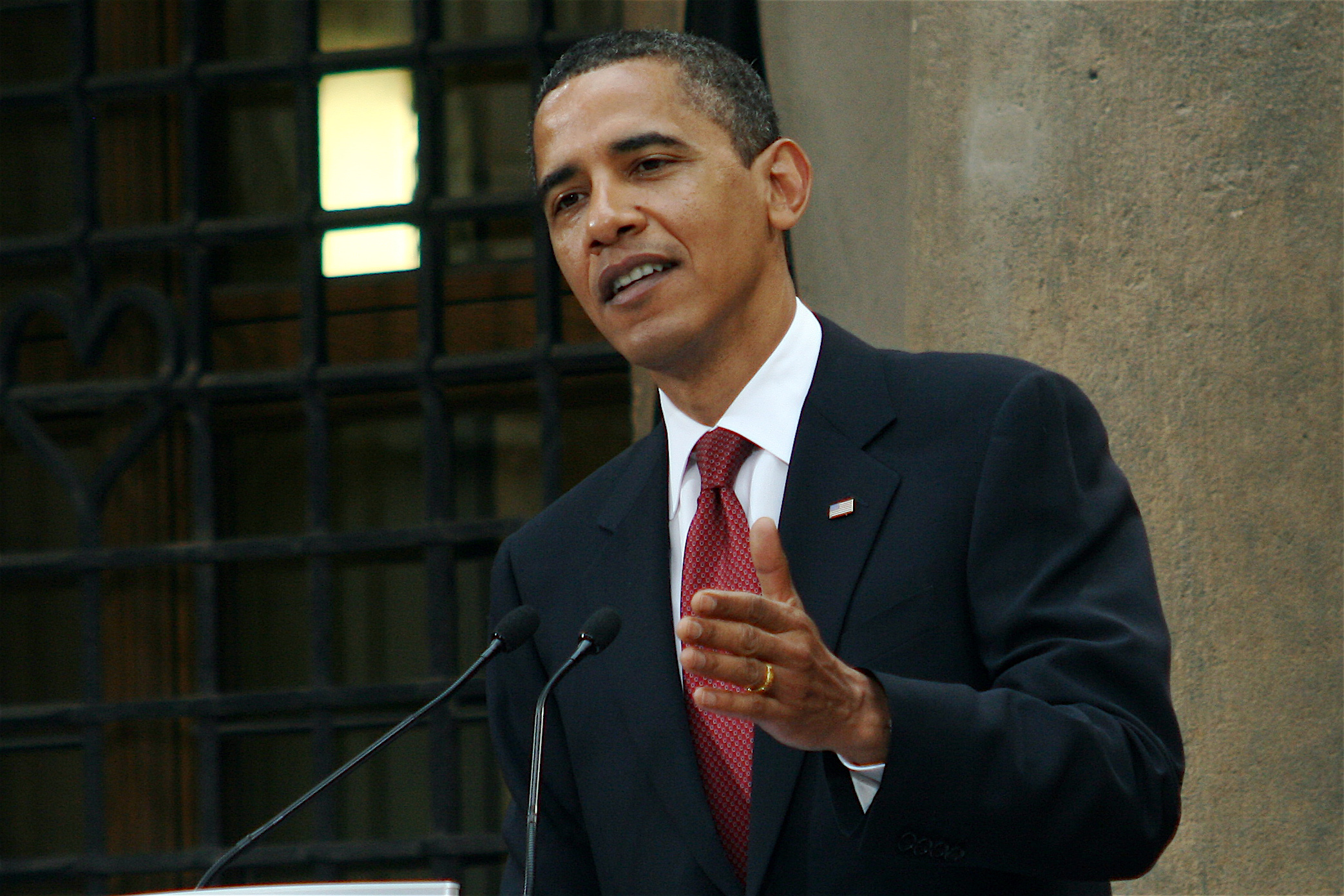 TikTok, the wildly popular social media app known for its short videos, is facing potential challenges as U.S. Senators raise concerns about its ownership and national security implications. A bipartisan group of lawmakers is proposing a law that would require ByteDance, TikTok’s parent company, to divest the app within the next six months. If not, TikTok risks losing its massive user base of 150 million people in the United States.
TikTok, the wildly popular social media app known for its short videos, is facing potential challenges as U.S. Senators raise concerns about its ownership and national security implications. A bipartisan group of lawmakers is proposing a law that would require ByteDance, TikTok’s parent company, to divest the app within the next six months. If not, TikTok risks losing its massive user base of 150 million people in the United States.
The proposed legislation, which is expected to see an initial vote on March 7, would give ByteDance 165 days to divest TikTok. Failure to comply with these orders would result in Apple and Google app stores being prohibited from offering TikTok and web hosting services being illegal for apps controlled by ByteDance. The aim of this legislation is to address concerns related to national security, as TikTok’s ownership by Chinese multinational ByteDance falls under China’s controversial cybersecurity laws. These laws contain provisions that could potentially require TikTok to provide U.S. user data to the Chinese Communist Party upon request.
Lawmakers like Mike Gallagher, the Republican chair of the House of Representatives’ select China committee, are advocating for the separation of TikTok from its Chinese owners. Gallagher emphasizes the need to protect American users from potential manipulation by the Chinese Communist Party, stating that “America’s foremost adversary has no business controlling a dominant media platform in the United States.”
The implications of a potential ban on TikTok in the United States are significant, particularly for advertisers targeting Gen Z. This demographic favors TikTok over other platforms like Google, making it a vital channel for advertisers seeking to reach this audience. Advertisers may have to rethink their strategies if TikTok becomes inaccessible to American users.
In response to these concerns, TikTok has always maintained that it operates independently from its Chinese owners and takes measures to protect U.S. user data from unauthorized access. The platform has emphasized its commitment to the safety of its American users, particularly teenagers. TikTok states that it will protect U.S. user data from unauthorized foreign access and will not be manipulated by any government. Furthermore, it pledges transparency and accountability by providing access to third-party independent monitors.
The fate of TikTok in the United States remains uncertain as lawmakers continue to raise concerns about its ownership and potential national security risks. The proposed legislation aims to address these concerns and protect American users from potential data breaches. However, the impact of a potential ban on advertisers and the Gen Z audience cannot be ignored. As the debate continues, the future of TikTok hangs in the balance, leaving millions of users and advertisers eagerly awaiting a resolution.
